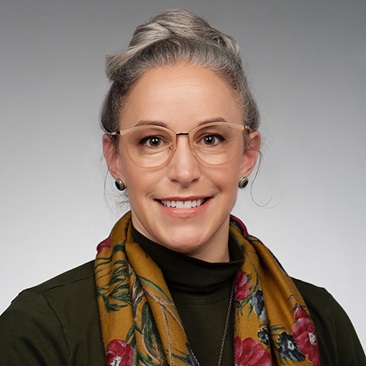Heather Law Pezzarossi Quoted in New York Times Article on Washoe Basket Weaver Louisa Keyser
September 20, 2023
The New York Times
The Native American baskets sold in the early 1900s out of Abe Cohn’s Emporium, a men’s clothing store in Carson City, Nevada, were remarkable.
They were weaved by Louisa Keyser, a Washoe woman, but the tales Cohn and his wife, Amy, spun about her—among them, her being “princess” from the nearby Washoe people whose royal status permitted her alone to utilize a special weaving style—were myths.
The Cohns fashioned their fictitious embellishments as the baskets’ extraordinary artistic value became apparent. Today, Keyser's baskets can be found in collections of the Baltimore Museum of art and the Metropolitan Museum of Art.
Heather Law Pezzarossi, assistant professor of anthropology, argues that our contemporary arguments over cultural appropriation are misapplied to Keyser’s baskets.
“Authenticity is a completely Western, American fixation we’ve mapped onto this concept of indigeneity to make it part of an American past, not an American future,” she says, noting that it was the Cohns who were most invested in the concept.
“Instead of valuing these baskets because of the ways that those Western art dealers told us to value them a hundred years ago,” Pezzarossi adds, “why don’t we look at them afresh and value them a different way?”
Read more in “The Artistry of Her Baskets Is Complex. So Is the Story Around Them.”
Related News
Commentary

Dec 3, 2025
Commentary

Dec 2, 2025


